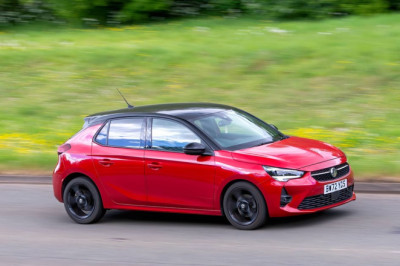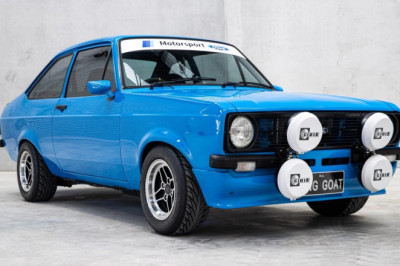
Will Classic Cars Be Banned from the Road?
In most major markets, the answer right now is no. Combustion bans, as currently written, almost always apply only to the sale of new petrol or diesel vehicles—not to the continued road use of existing classics. In the UK, for example, the government has clarified that older “historic” cars—typically those 40 years old or more—are exempt from strict emission charges, congestion fees, and urban bans that target polluting new cars. Many major cities, though rolling out Ultra Low Emission Zones, still carve out exceptions for vintage classics, recognising their cultural value and low annual mileage.
Globally, heritage events, clubs, and festivals remain thriving, with governments aware of the economic and historical importance of the classic sector. Bans facing classic road cars in the next decade are highly unlikely, though more urban restrictions and rising fuel prices may make regular driving harder. The infrastructure for petrol will remain for decades, if only for the sake of legacy and agricultural/industrial fleets.
Will Fuel Disappear and Make Classics Useless?
Widespread classic car use may get more difficult—not through outright bans, but by market forces. As fuel stations cater more to electric cars and price hikes hit fossil fuels, running classic vehicles could get more expensive and inconvenient. There’s also a risk of fewer mechanics able (or willing) to work on traditional engines. Some governments and fuel companies are exploring sustainable synthetic and biofuels able to run in older motors, which could help ensure the survival of classics well into the EV age.
The Rise of Electric Conversions: Preserving or Replacing the Soul?
One of the most divisive developments is the boom in classic EV conversions. For some owners, swapping out the engine for a modern electric drivetrain is the ultimate heresy—stripping away the visceral soundtrack, smells, and quirks that define a car’s personality. For others, it’s a way to keep beloved old vehicles thriving on future roads, opening up city access and zero-emissions zones, and solving the headaches of difficult cold starts and unreliable classic carburettors.
Modern conversion kits are now “reversible,” letting you retain the bodywork and chassis untouched for future restoration, and some even mimic the original weight balance. While instant torque and silent power can make an old car more useable and reliable, the experience will never be quite the same as tuning carbs at dawn or hearing a straight-six roar down a country lane.
Replacing the Heart of a Classic: Is It Losing Its Soul?
The essence of a classic car is hotly debated. Traditionalists say it’s all about the original engine, the mechanical involvement, and the symphony of moving parts. Advocates for conversion argue the soul is also about shape, style, history, and the experience shared by new generations. Purists warn that plugging in a vintage Jaguar or Porsche “is like re-recording a classic song on a laptop and pretending it’s the same tune”—while conversion fans argue survival is only possible through adaptation.
Either way, conversions are growing—from high-end projects preserving priceless exotics for the road, to more approachable kits for popular models. EV swaps remain rare, expensive, and controversial, but as battery prices fall and parts become more available, they offer a lifeline for urban classics facing regulatory exile.
A Future of Both Worlds
In reality, most classic cars are rarely driven—accounting for a tiny fraction of total traffic and emissions. This means governments usually offer ongoing regulatory exemptions, and historic vehicles will remain a rolling museum for future generations. The biggest risk to classics is not the law, but indifference and the slow disappearance of fossil fuel infrastructure. Expect more innovation in sustainable fuels, global clubs, and a dual world where some classics run with their original “heart,” and others go electric for daily or city use.
What matters most is preserving the pleasure, history, and choice that makes classic motoring unique. For many, that will always mean pistons and petrol; for others, it’ll be voltage and silence. As long as demand remains, and the community stays vocal and visible, the soul of classics—whatever powers them—will endure well beyond this decade.














